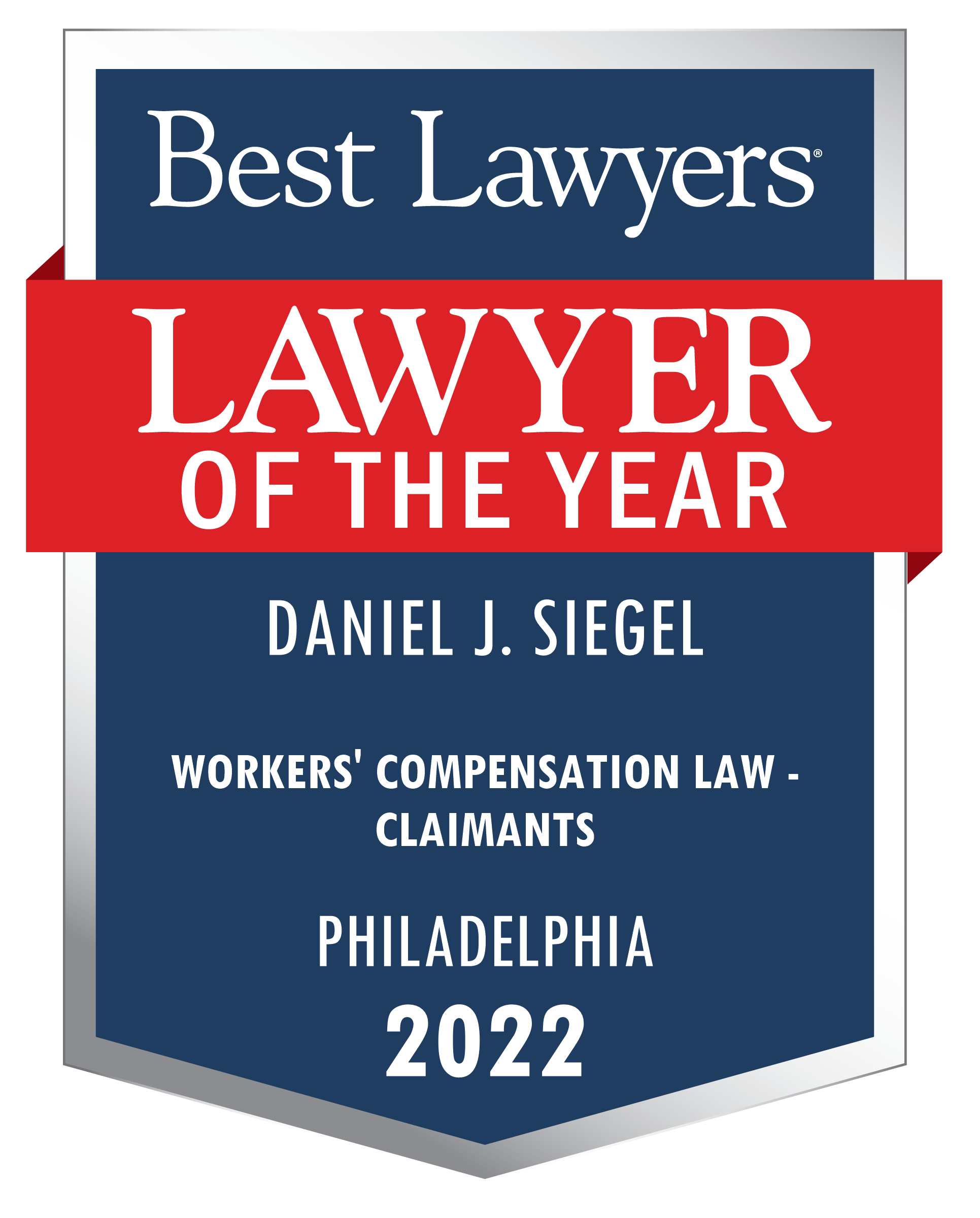Yes, You Can Pay A Fact Witness – Sometimes
Whether, and when, and how much, you can pay a fact witness who is testifying is an ethical dilemma for lawyers. Fortunately, there is guidance for attorneys to help them figure out when they can, and when they can’t pay a fact witness. Attorney Daniel J. Siegel, Chair of the Pennsylvania Bar Association Legal Ethics Committee explains the ins and outs of the situation in his column in the Summer 2020 issue of The Philadelphia Lawyer, the quarterly magazine of the Philadelphia Bar Association.
Siegel’s article focuses on Pennsylvania Rule of Professional Conduct (RPC) 3.4, which seems to prohibit paying fact witnesses. However, there are circumstances where it is allowed. According to the Pennsylvania Bar Association Legal Ethics Committee Formal Opinion 2019-100, lawyers can pay a fact witness for two reasons. First, for expenses reasonably incurred in attending and testifying. Second, reasonable compensation for loss of time in attending and testifying.
What is considered reasonable will vary on a case-by-case basis, but payment of fact witnesses will always be subject to RPC 3.4(b)’s explicit disallowance of compensation that is “contingent upon the content of the witness’ testimony or the outcome of the case.” Since payment arrangements may be disclosed during discovery or cross-examination, these arrangements must be transparent.
Click here to read Dan Siegel’s column. Dan’s and his firm, the Law Offices of Daniel J. Siegel, LLC, provide ethical, and techno-ethical guidance and disciplinary representation for attorneys. Give them a call at (610) 446-3457 or click here to send an email.







